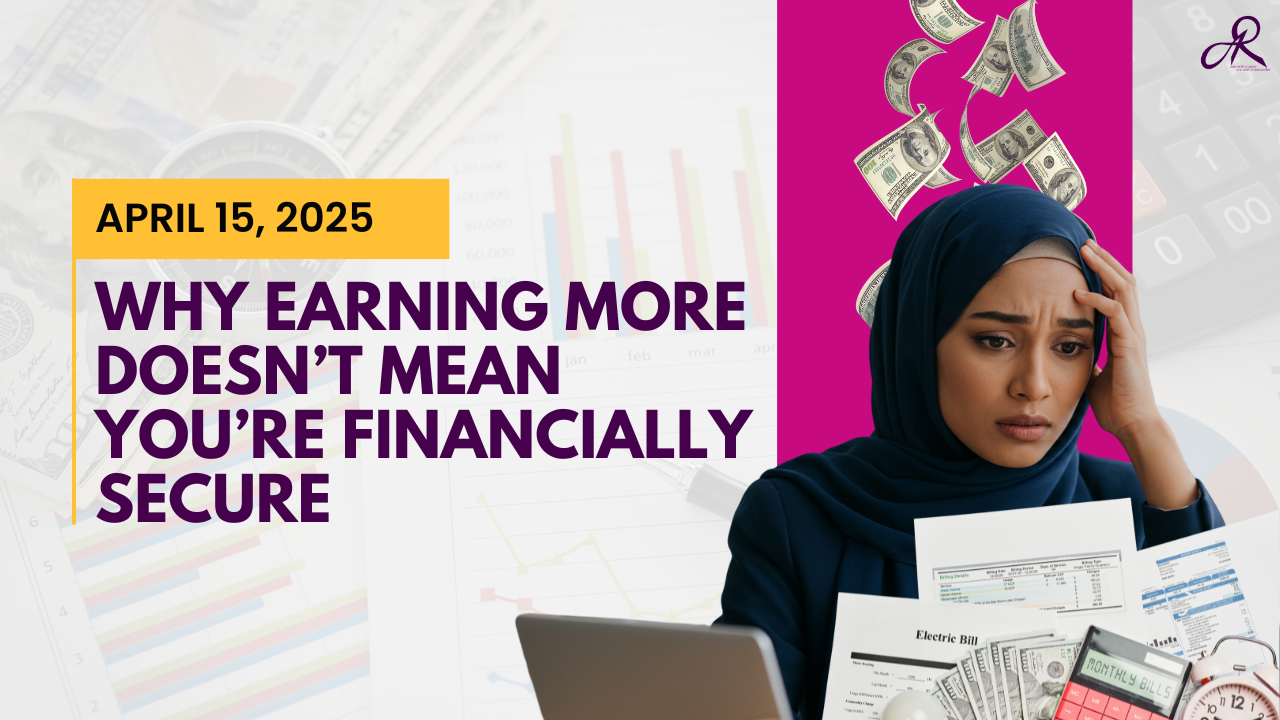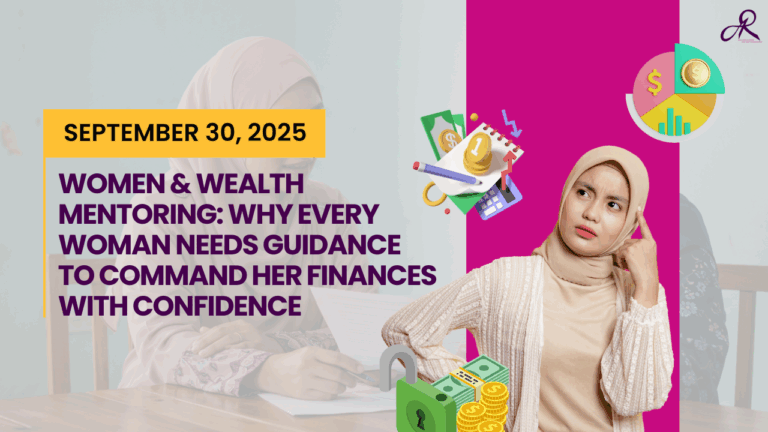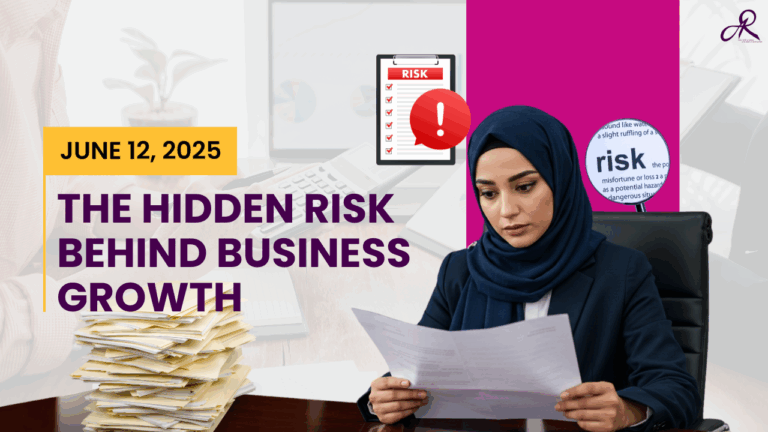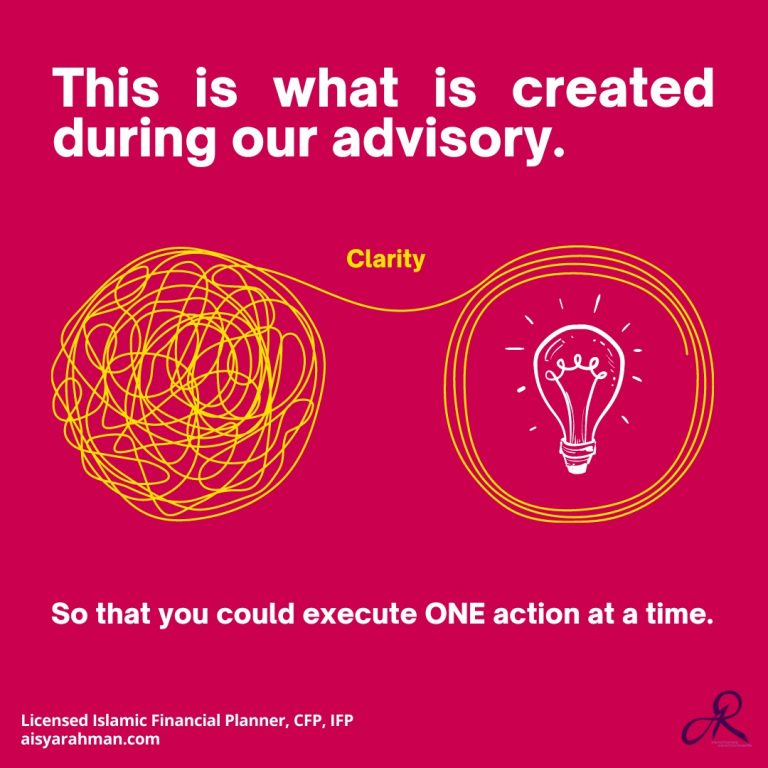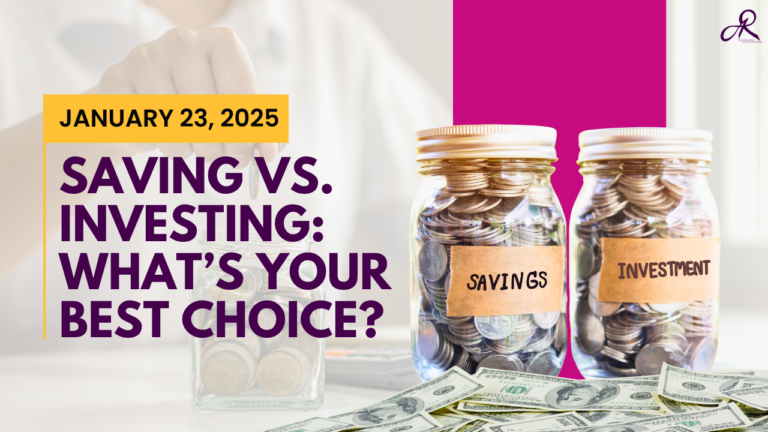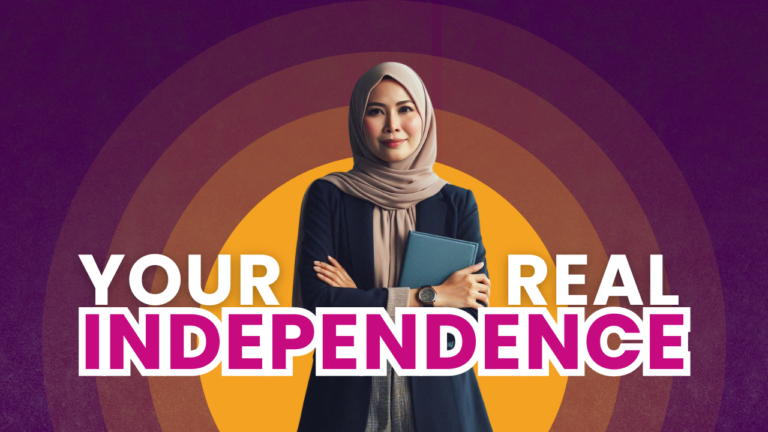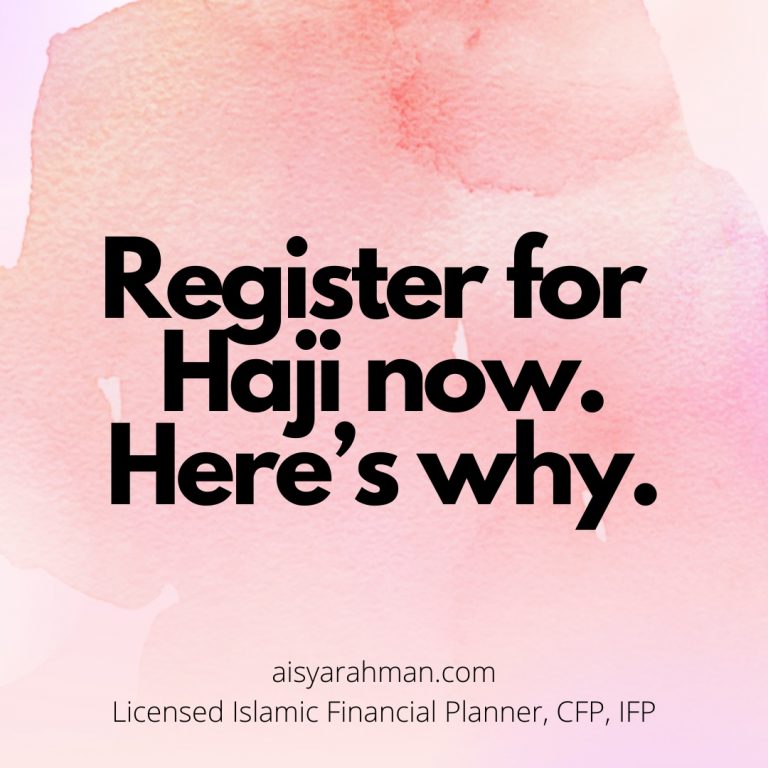Many people believe that once you hit a high income, money problems disappear. But the truth is, even those who earn five-figures or more every month can face serious financial struggles—especially without the right financial knowledge. In fact, earning more can sometimes give a false sense of security. You may feel like you don’t need a budget, insurance, or savings plan because there’s always money coming in. But income doesn’t equal wealth. And without proper planning, even the highest incomes can disappear fast.
The Silent Trap of Lifestyle Inflation
When your income increases, your lifestyle tends to follow. You upgrade your home, your car, your holidays—and sometimes, your social circle. You feel good, accomplished. But slowly, your monthly expenses creep higher. What used to be luxuries become necessities.
You may not realise it, but you’re one crisis away from losing it all. A medical emergency. A job loss. A business failure. If you’re not prepared, even a six-figure salary won’t protect you from the financial stress that follows.

Financial Illiteracy: The Real Threat
We often think the scariest things in life are illnesses or accidents. But what’s even scarier? Facing those events without financial preparation.
Not having savings for emergencies. Not understanding your insurance policies. Not knowing how to manage debt. These are everyday issues that can turn into nightmares—even if you’re earning well.
Financial illiteracy isn’t just a problem for low-income earners. In fact, the more money you make, the more important it is to understand how to protect it.
The Reality of High Earners in Crisis
It’s more common than people think. A high-flying executive loses their job but has no savings. A business owner gets diagnosed with a critical illness but never took up proper insurance. A family earning well struggles with credit card debt because they never tracked their spending.
These aren’t rare cases—they’re real stories. And the root cause is almost always the same: a lack of financial literacy.
What You Can Do Now
If you’re earning a good income, congratulations. But don’t stop there. Take the next step to protect and grow your money. Here’s how:

Track Your Spending: Know where your money goes every month.
Build an Emergency Fund: This fund gives you breathing space during tough times. It helps you avoid panic, borrowing, or selling assets when life takes an unexpected turn.
Understand Your Takaful/Insurance: Make sure you’re covered for medical emergencies, critical illness, and income protection. It’s not just about having a policy—it’s about having the right one.
Start Planning Early: Whether it’s retirement, your children’s education, or a dream home—having a clear plan makes a big difference.
Keep Learning: Financial literacy isn’t a one-time lesson. Attend workshops, read books, and get advice from trusted sources.
Your Income Is a Tool, Not a Guarantee
Having a high income is a blessing, but it’s not a guarantee of financial success. Money, if not managed well, can leave as quickly as it comes.
The true power lies in knowing how to make your money work for you—not just today, but for years to come.
So don’t wait for a crisis to teach you the importance of financial literacy. Start learning. Start planning. Because when you combine high income with strong financial skills, that’s when real wealth begins.
Want to know more?
If you want to dive deeper into how these tariffs will affect you and your business, and to get actionable insights on how to navigate these changes, join our upcoming Women & Wealth Masterclass.

We’ll cover everything from the impact of Trump’s tariffs on global and local markets to practical strategies that can help you stay ahead.
This is your opportunity to understand the full picture and gain valuable tools to protect your financial future. Don’t miss out on this exclusive session—REGISTER NOW and secure your spot!
For those seeking guidance on a more profound journey towards financial independence and lasting impact, our eBook, offers strategies to enhance your approach. Turning your wealth into good is not simply an act; it is a commitment. It is a powerful declaration that with wealth comes responsibility, and with compassion comes change.

